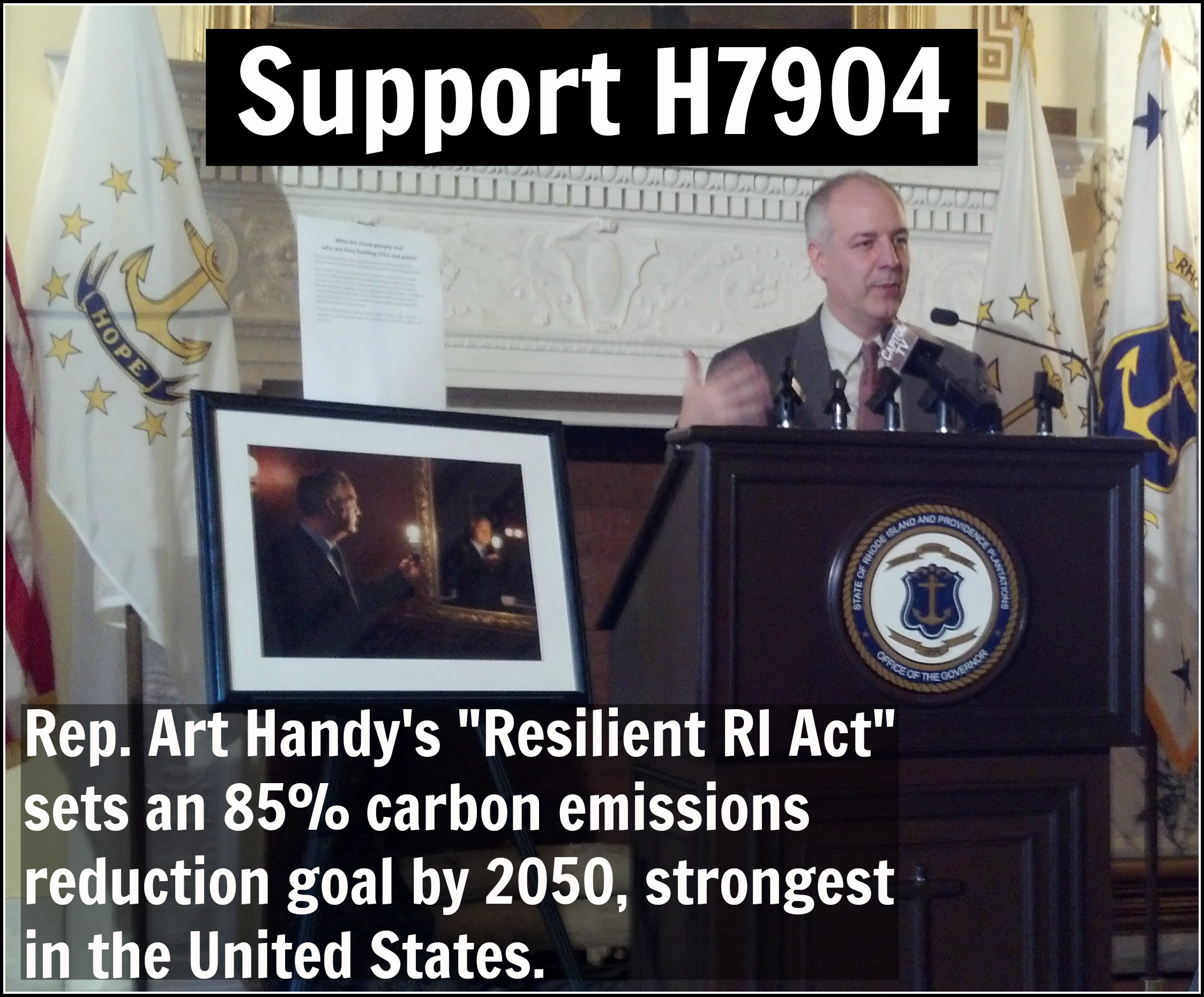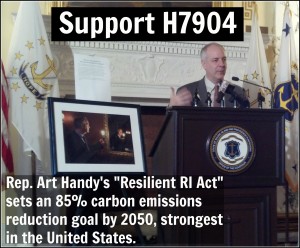 At its public meeting today, the Rhode Island Energy Facility Siting Board postponed ruling on giving grassroots groups and individuals the opportunity to get a fair hearing of their objections to the Clear River Energy Center, a fracked-gas power plant proposed by Invenergy, based in Chicago, IL. The board will announce its final ruling on this matter at the next public hearing, scheduled for January 29.
At its public meeting today, the Rhode Island Energy Facility Siting Board postponed ruling on giving grassroots groups and individuals the opportunity to get a fair hearing of their objections to the Clear River Energy Center, a fracked-gas power plant proposed by Invenergy, based in Chicago, IL. The board will announce its final ruling on this matter at the next public hearing, scheduled for January 29.
The two remaining members of the three who should make up the board serve at the pleasure of Governor Raimondo, who is on record supporting expansion of the “natural” gas infrastructure. As a result, Janet Coit, one of the two board members, is in a bind. She is Director of the Rhode Island Department of Environmental Management and an avid environmentalist. Last summer, she spoke at the Sierra Club-sponsored rally, “The Environment is Everyone’s Business.” Coit is painfully aware of the toll climate change is already taking on life in Narragansett Bay. At the rally, she referred to a “profound experience” she had looking at colonial nesting birds on Hope Island. She said: “There are several islands in the Bay that used to host colonies of nesting terns and now they are submerged.”
Said Lisa Petrie of Fossil Free Rhode Island: “We’re calling on Governor Raimondo to wake up and recognize that building more gas-fired power plants threatens the future of our state and of humanity as a whole.” Indeed, the Invenergy proposal is inconsistent with the U.S. Environmental Protection Agency’s 2009 Endangerment Finding, which determined that greenhouse gas emissions endanger public health and welfare of current and future generations. This language parallels that of the 2007 denial of a fossil-fuel plant permit by Roderick Brembly, Secretary of the Kansas Department of Health and Environment. Obviously, team Raimondo is lagging reality by almost a decade.
Fossil Free Rhode Island reiterated that Governor Raimondo’s policies violate Article 1, Section 17 of the Rhode Island Constitution, the supreme law of the state, which clearly specifies the duty “to provide for the conservation of the air, land, water, plant, animal, mineral and other natural resources of the state.”
The Conservation Law Foundation has put forth that, by increasing Rhode Island’s greenhouse gas emissions, the Clear River Energy Center would violate the Resilient Rhode Island Act of 2014. The foundation urged the Board to terminate its deliberations, which would effectively deny Invenergy the permit it seeks.
The Burrillville Land Trust, in a blistering take down of Invenergy’s proposal, argued for the same and writes: “We are being denied an opportunity to respond in a meaningful way because of mis-information, inadequate information and outright absence of information.”
Governor Raimondo has tried to make the case that Invenergy’s Energy Center will bring jobs to Rhode Island. The Rhode Island Building and Construction Trades Council, in its request for late intervention, agrees with the governor. This view is untenable and Fossil Free Rhode Island referred to a recent report of the Political Economy Research Institute of UMass in Amherst that states: “New investments in energy efficiency and renewable energy will generate more jobs for a given amount of spending than maintaining or expanding each country’s existing fossil fuel sectors.”
Fossil Free Rhode Island once again drew attention to current research that shows that, given the urgency of dealing with climate change, “natural” gas has a larger greenhouse gas footprint than coal and oil. In other words, Invenergy’s proposed power plant is bad for Rhode Island on all counts: physics, economics and morality.
Sister Mary Pendergast, one of the individual intervenors, said: “I do not think that the spiritual and moral issues of environmental ethics will be adequately represented by excluding my testimony. Any decision the Siting Board makes that is good for the corporation, but not for the environment, is a bad decision and we will live to regret it.”
The Board referred to the ambiguous rules under which they operate. They seem to interpret the rules as the requirement of attorney representation. This interpretation would exclude virtually all members of the public who filed for the status of intervenor. Pat Fontes, representing Occupy Providence, said: “The refusal to admit the voice of Occupy Providence in the deliberations of this board would symbolize and contribute to the likelihood that ‘government of the people, by the people, and for the people’ will indeed perish from the earth.”
[From a press release]
RI Future covered the hearing here: Strong public opposition to Burrillville power plant at hearing

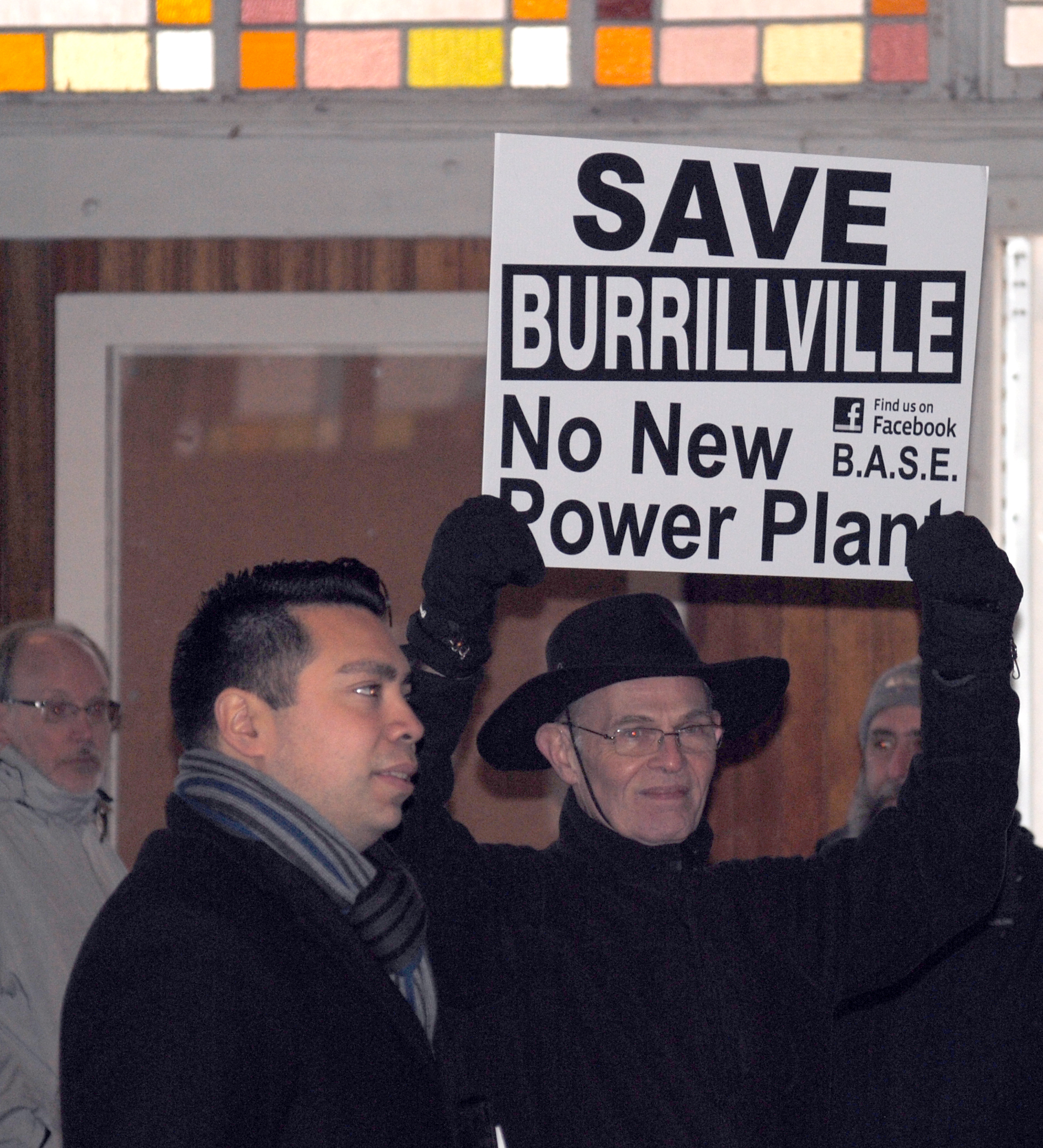
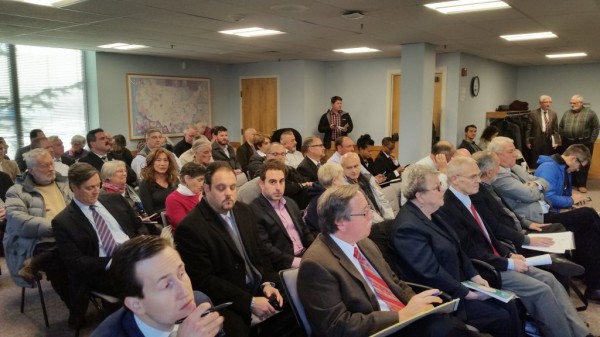 The new methane gas power plant planned by Invenergy for the Town of Burrillville met strong opposition from a variety of environmental groups but also had what seemed like strong support from both members of the
The new methane gas power plant planned by Invenergy for the Town of Burrillville met strong opposition from a variety of environmental groups but also had what seemed like strong support from both members of the 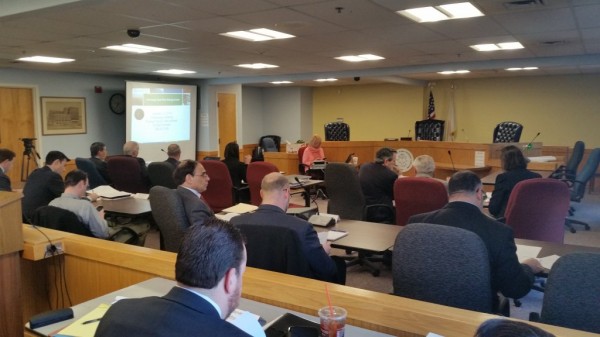

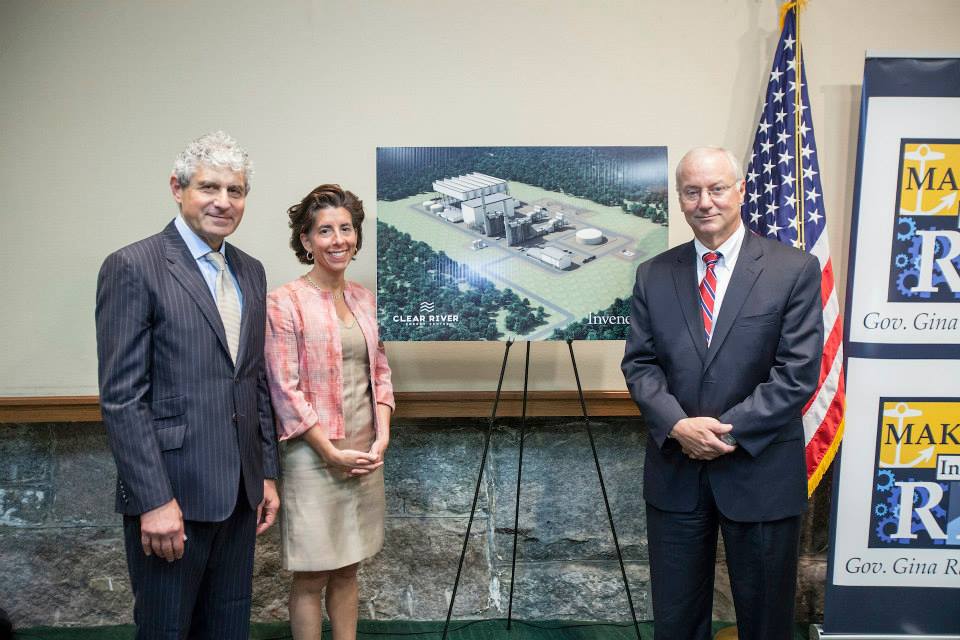
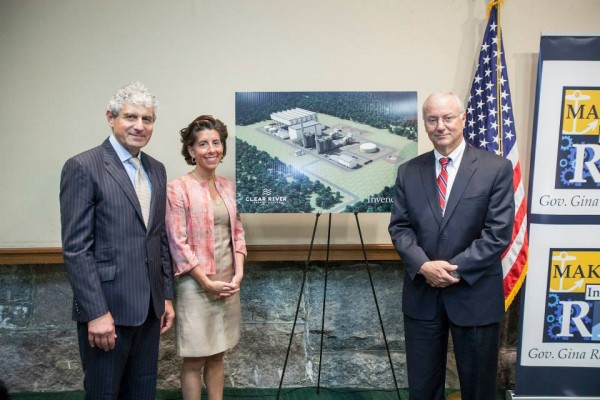 The Conservation Law Foundation (CLF) today filed a
The Conservation Law Foundation (CLF) today filed a 